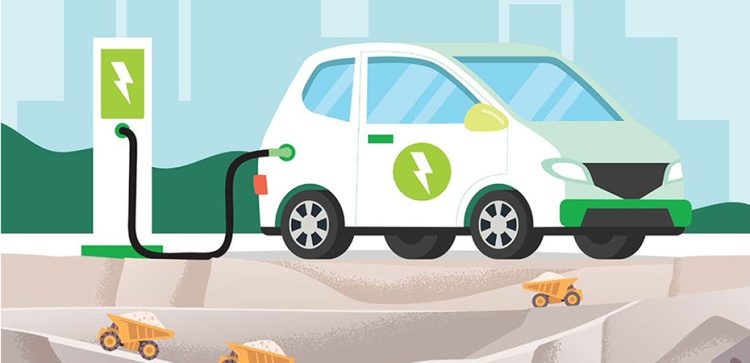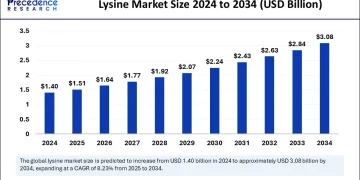The Future of Transportation: Electric Vehicles and Sustainable Energy Solutions
As the world grapples with the escalating consequences of climate change, the transportation sector is undergoing a transformative shift towards electric vehicles (EVs) and sustainable energy solutions. This transition promises to revolutionize how we move people and goods, significantly reducing greenhouse gas emissions while integrating renewable energy sources. In this blog post, we will explore the implications of this transition, focusing on the impact of EVs on emissions reduction, the role of renewable energy in charging infrastructure, and the future innovations shaping the transportation landscape.
The Role of Electric Vehicles in Emission ReductionA Greener Alternative
Electric vehicles have emerged as a vital component in the fight against climate change. Traditional gasoline and diesel vehicles are significant contributors to greenhouse gas emissions, accounting for nearly 30% of total U.S. emissions, according to the Environmental Protection Agency (EPA). In contrast, EVs produce zero tailpipe emissions, offering a cleaner alternative that can significantly reduce the carbon footprint associated with transportation.
Lifecycle Emissions
While it’s essential to consider the emissions associated with manufacturing EVs and generating electricity, studies show that even when accounting for these factors, EVs still result in lower overall greenhouse gas emissions compared to their internal combustion engine counterparts. As the electricity grid becomes increasingly powered by renewable sources, the lifecycle emissions of EVs will continue to decline, further enhancing their environmental benefits.
Integrating Renewable Energy in Charging StationsThe Need for Sustainable Charging Solutions
The widespread adoption of electric vehicles hinges on the availability of convenient and accessible charging infrastructure. To maximize the environmental benefits of EVs, it’s crucial that charging stations are powered by sustainable energy solutions. This integration not only reduces the reliance on fossil fuels but also enhances the overall sustainability of the transportation ecosystem.
Solar-Powered Charging Stations
One innovative approach to sustainable charging is the development of solar-powered charging stations. By installing photovoltaic panels at charging sites, these stations can harness solar energy to recharge EVs, ensuring that the electricity used is clean and renewable. In addition to providing power for EVs, solar charging stations can also feed excess energy back into the grid, contributing to overall energy resilience.
Wind and Hydropower Integration
Beyond solar energy, charging stations can also incorporate wind and hydropower sources. Regions with abundant wind or water resources can develop charging infrastructure that draws from these renewable sources, further reducing the carbon footprint of EV charging. The combination of diverse renewable energy sources ensures a stable and sustainable energy supply for the growing number of electric vehicles on the road.
Future Innovations in the Transportation SectorAdvances in Battery Technology
As the demand for electric vehicles continues to rise, innovations in battery technology are essential to enhancing their performance and sustainability. Next-generation batteries, such as solid-state batteries, promise to deliver higher energy density, faster charging times, and improved safety compared to current lithium-ion batteries. These advancements will not only make EVs more appealing to consumers but also reduce the environmental impact associated with battery production and disposal.
Autonomous Electric Vehicles
The integration of autonomous driving technology with electric vehicles represents another exciting frontier in sustainable transportation. Self-driving EVs have the potential to optimize driving patterns, reduce congestion, and enhance overall energy efficiency. By utilizing advanced algorithms and real-time data, autonomous EVs can minimize energy consumption and further lower greenhouse gas emissions.
Smart Transportation Networks
As cities increasingly embrace smart technology, the transportation sector will also benefit from enhanced connectivity and data integration. Smart transportation networks will enable efficient routing, demand-responsive transit systems, and coordinated charging strategies, all of which contribute to reduced energy consumption and emissions. By leveraging data analytics and artificial intelligence, cities can optimize their transportation infrastructure for sustainability and efficiency.
Conclusion
The transition to electric vehicles and sustainable energy solutions is not just a trend; it represents a fundamental shift in how we think about transportation. By significantly reducing greenhouse gas emissions, integrating renewable energy in charging infrastructure, and fostering innovations in battery and autonomous technologies, we can create a cleaner, more sustainable future for transportation.
As governments, businesses, and consumers embrace this transformation, the potential for a greener transportation sector becomes increasingly achievable. The future of transportation lies in the synergy between electric vehicles and sustainable energy solutions, paving the way for a healthier planet and a more sustainable way of life.










